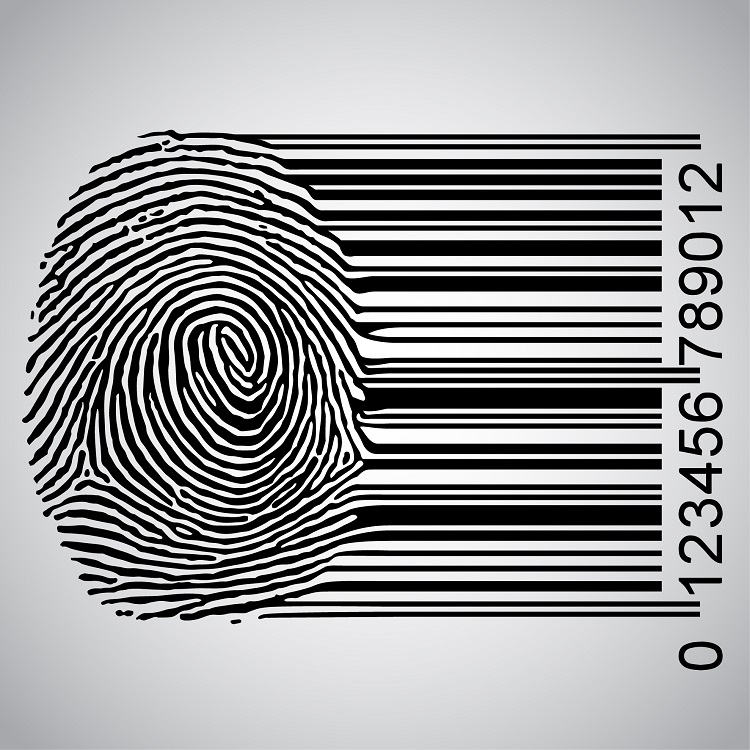Hengelo is two hours by train from The Hague. Trees, rivers and meadows are increasingly taking the place of roads and sleek high-rises. In Deventer, a group of high school students board the train and I take a final look at the presentation I've been asked to give on the WRR report "Preparing for digital disruption. In Hengelo, I walk between old machine factories to the Oyfo technology museum, where Trendbureau Overijssel is hosting its annual conference.

Author: Writers, Erik
According to the WRR report Preparing for Digital Disruption, vital processes in the Netherlands are vulnerable to problems with the digital systems on which they all now run. Preventive measures can partially prevent these problems. But attention must also be paid to how prepared we are if things do go seriously wrong. Such a situation is referred to in the report simply as digital disruption. It is not so much the digital world that gets disrupted, but the social processes that are connected to it, such as payments, emergency numbers like 112, or logistics chains, and thus important parts of Dutch society.
Publication of a WRR report is always followed by a period of lectures and meetings. You can usually fill your agenda with them. So over the past few months I have visited various places, such as Anton Phillips' villa in Eindhoven, the Jaarbeurs in Utrecht, De Nederlandse Bank in Amsterdam and the Senate at the Binnenhof in The Hague.
Lectures and presentations serve several functions. They are often intended to update high-level people. Usually this happens at their own request, following media coverage of the report or because their organizations are involved in the cabinet response. But sometimes my arrival also serves to give a boost to a new subject, at a time when there is little internal attention for it or other matters are given priority. In short, lectures and presentations are an easy, quick and low-threshold way to reach the relevant parties and convince them that they need to start working on something new.
Back to the meeting in Hengelo, because every meeting is different, because of the participants and the questions I receive. After including top military, intelligence, business, national police and cybersecurity specialists, commissioners of the King, directors of security regions and dike wardens, among others, my audience now consists mainly of civil servants and politicians from Overijssel. The congress, with the theme of dealing with an open and uncertain future, will be opened by Adries Heidema, Commissioner of the King of Overijssel. Cabaret artist and former politician Patrick Nederkoorn will provide the closing address.
The Oyfo technology museum is a fitting location, where the relics of the previous technological revolution are neatly lined up. I walk among the steam engines, large electrical appliances and obsolete telecommunications equipment to the large room in which I will make my presentation. The arrangement in the museum does show how unpredictable and fast technological developments are. I therefore open my presentation with the observation that the risk of digital disruption was nowhere on the agenda a decade or so ago, because digitization was simply less advanced.
In today's digitizing world, power in crucial areas is shifting to a few large technology companies. In addition to citizens themselves, the organizations they deal with in daily life, such as water companies, airlines and the government, are increasingly dependent on these companies. The question is how desirable that is, as it leads to less and less room to choose for themselves how to organize society and set priorities in addressing problems.
Presentations like the one in Hengelo for Trendbureau Overijssel are certainly not one-way traffic - they often yield new questions and insights. A recurring question, for example, is what citizens can do to be better prepared for digital disruption. That question was also asked by the press when the report was published. But an answer is not easy to give, because social relations have shifted so much due to digitalization. In classic disasters such as floods or attacks, citizens usually know how to find each other quickly, and certainly in the first few hours they can manage very well. Then it is the turn of organizations - public and private - and they often need more time to respond adequately.
In today's digitizing world, power is shifting in crucial areas to a few very large technology companies. In addition to citizens themselves, the organizations they deal with in daily life, such as water companies, airlines and the government, are increasingly dependent on those companies. The question is how desirable that is. Because it reduces the space to make their own choices about how to organize society or to set priorities in addressing problems. This restriction of freedom of choice also plays a role in the new project I am currently working on, on artificial intelligence and public values. In this project we are thinking about the power of technology companies and empowering citizens to raise issues and wrongs.
With the vulnerability of citizens in a digitizing society in mind, I travel back home at the end of the evening. Public transportation, the Internet and my apps work without a hitch.
This article can also be found in the Digital Transformation dossier
source: Open Government

